2. The Nintendo Switch will be the bestselling console of the year.
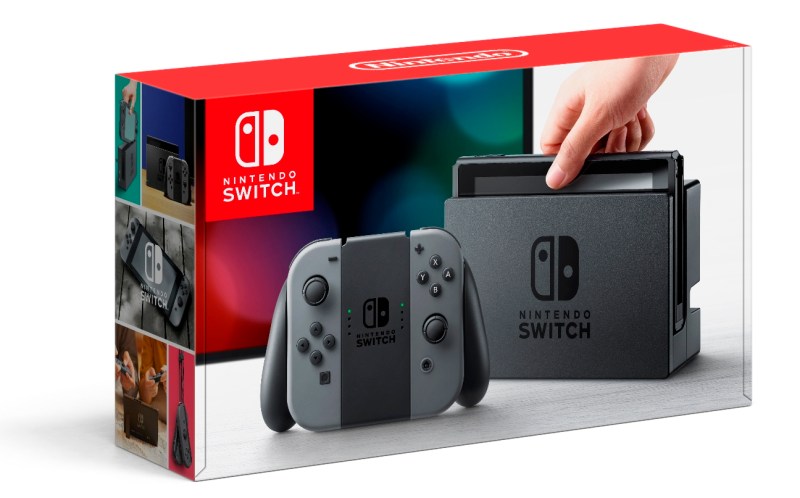
Above: Nintendo Switch
Nintendo estimates it will have 14 million Switch consoles sold by March 31, 2018. But why stop there? The Japanese company has a hot machine, appealing to gamers who love Nintendo content as well as those who like to play on the run. Sony and Microsoft have no real answer to this innovative hybrid platform, and they’re still busy trying to pound each other. That’s just the kind of opportunity that Nintendo exploited with the Wii. Sony’s PlayStation 4 is now overdue for an upgrade, and sales may start to slow down in the coming year. Microsoft’s Xbox One X is a noble effort, but the company’s slate of exclusive blockbusters is looking pretty thin. I think Sony will have some awesome games in 2018, based on what we know about its line-up so far. But the Switch’s momentum is only just beginning to gather force.
3. Gamer rage will take new and unpredictable forms.

Above: Success!
We saw gamers rage about a lot of things in 2017. They were mad about my Cuphead performance. Electronic Arts offended them with loot crates in Star Wars: Battlefront II. EA also disappointed fans with the facial animations of Mass Effect: Andromeda. And, as Jeff Grubb pointed out, someone is probably going to figure out how to monetize this rage for their own benefit. The enraged were empowered with their successful protests that forced EA to eliminate pay-to-win loot crate purchases in Battlefront II, and that will only encourage them to fight onward. Somebody is going to really piss off gamers in 2018, and they’re going to take their rage to the Internet to demand penance, and we have no idea what will set them off.
4. VR will get cheaper and better, but it will continue to perform below expectations.
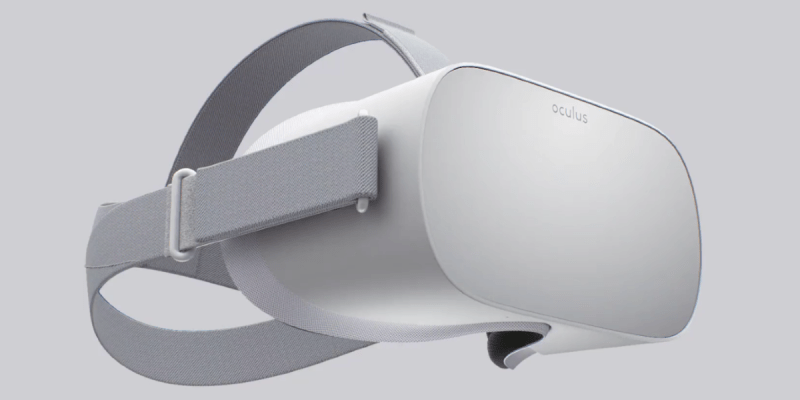
Above: Oculus Go.
Facebook will launch a price war in VR with its $200 standalone Oculus Go VR headset in 2018. But that system will probably deliver less than what true VR fans really want. I believe VR will be an astounding medium for immersive games, but you can’t rush Moore’s Law. Some of the technologies required to make VR better are expensive, and it will take time to take the costs down. And it will take time for the artists to come up with their masterpieces to make VR shine. I have seen many interesting VR titles, but I can’t say I’ve seen anything yet that will be the blockbuster of this new expensive medium.
5. AR gaming will take off in a variety of ways.

Above: Pokemon now appear at scale in augmented reality.
While VR is having a tough time, augmented reality is looking promising. With Apple’s ARKit and Google’s ARCore, we have platforms that developers can use to experiment. Pokemon Go gave us a small taste of AR gaming, and we know that so much more will be possible. We know that Harry Potter Go is coming next year from Niantic, and the company has shown a great ability to learn from its earlier games, Ingress and Pokemon Go. And it’s always possible that Magic Leap will launch something in 2018 and push the boundaries of quality in the fledgling medium. AR has the advantage in that it isn’t as expensive to create, particularly when it starts on platforms such as existing smartphones. In the near term, this is where the hits will be. And in time, we’ll see less expensive AR gear arrive.
6. Influencers will grow in importance, but be reined in as well
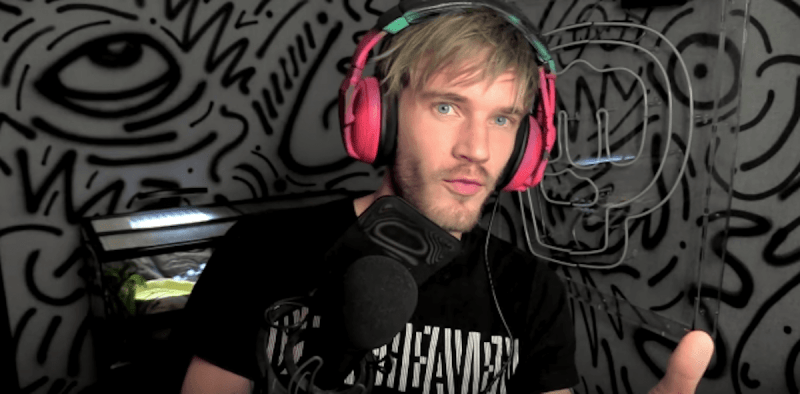
Above: PewDiePie doesn’t want to be considered with Nazis, but his language isn’t helping.
Platforms such as YouTube, Twitter, Facebook, and Twitch have given us our Internet stars. They’re piling up followers in the tens of millions, and they’re becoming the new celebrities of the millennial age. PewDiePie is the leader with tens of millions of followers all to himself. But new platforms like Mixer and those arising on mobile devices in China will lead to new kinds of celebrities.
But the wild west days of influencers like PewDiePie spouting off with Nazi jokes and other influencers touting products where they’ve got a conflict of interest — well, let’s hope those practices are coming to a close.
7. Esports will continue to score funding and growth

Above: Seoul Dynasty is a new Overwatch League team.
As investors soured on VR, they shifted their attention to esports. Venture capital firms such as Accel are bullish on esports, and the growth in companies, teams, and other investment opportunities is exciting. Kevin Chou, former CEO of mobile game publisher Kabam, sold his company to various parties for nearly $1 billion, and he is investing a lot of his money into a new esports team, starting with an Overwatch regional team based in South Korea. Startups from VY Esports to ESP Gaming are raising money, and investors are willing to finance them, including the owners of traditional sports teams such as the Philadelphia 76ers. I saw new investments in esports or news related to it just about every week this year.
Market researcher Newzoo predicted that esports could hit $1.5 billion by 2020, but it saw enough positive signs that it sees a path to $2.4 billion in revenues now. Newzoo said it is clear that competitive gaming involving team play, rankings, and live streaming is claiming a growing share of overall game time. Esports has a lot of hurdles to overcome. The action in games is often too fast to watch, and games are always more fun to play than to watch. But the growth is tremendous.
8. The Leisure Economy will gather momentum
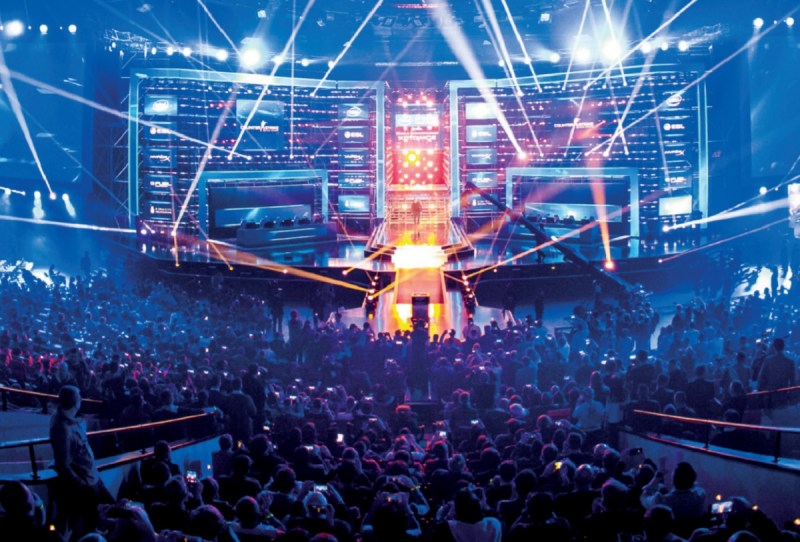
Above: Esports is on the rise.
Getting paid to play games is a big theme of our GamesBeat Summit 2018 event, and for us it’s a theme with multiple dimensions. This relates to predictions 7 and 8, but it’s also bigger than that. The Leisure Economy is about the idea that we’ll all get paid to play games. I’ve done it as a game journalist for a while. But people are creating new jobs that didn’t exist a generation ago. They include esports athletes, shoutcasters, esports agents, cosplayers, mod designers, user-generated content developers, influencers, livestreamers, and more. Somebody is sure to come along and figure out that getting the attention of gamers — and getting them to engage in a new game or platform — is worth paying them for it. We don’t know what form this will take, but the trend seems inevitable. And why not? If artificial intelligence eliminates a bunch of jobs, who says we have to work? Why not just play for a living?
9. Big games will be delayed. Blockbusters will astound us.
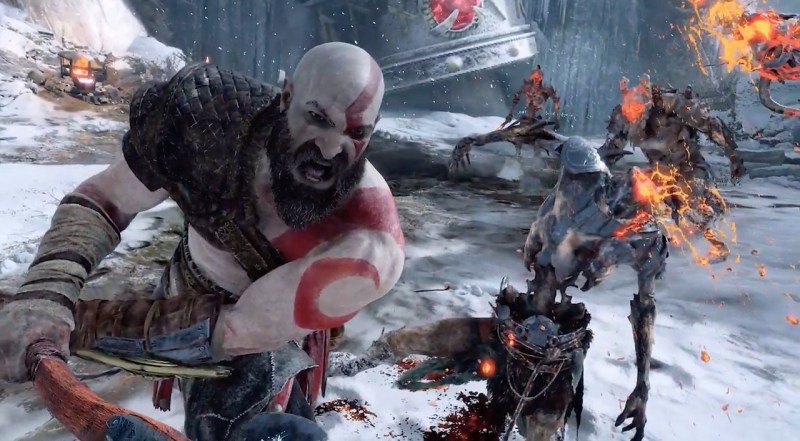
Above: God of War for PlayStation 4.
Will Anthem really make it out the door from Electronic Arts’ BioWare division? Are we going to see Shenmue III from Yu Suzuki? How much would you bet that The Last of Us Part Two comes out on time? Video games are still more an art than science, and many executives and managers still promise more than their teams can deliver, even under tough crunch circumstances. This prediction is so safe, it’s almost a gimme.
At the same time, I believe will be amazed by titles like Red Dead Redemption 2 (Take-Two Interactive), Dreams (Sony), God of War (Sony), A Way Out (EA), Sea of Thieves (Microsoft), We Happy Few (Gearbox), Days Gone (Sony), Spider-Man (Sony), and, with a little luck, Harry Potter Go. I don’t know what Nintendo has in store, but it should keep games coming for the Switch. I would guess that Treyarch will take Call of Duty back in time with World at War 2. I sure hope that Supercell has another big mobile game in the works as well.
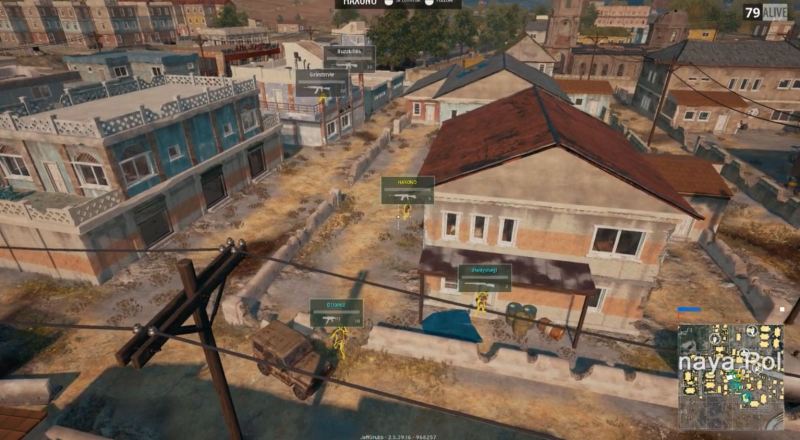
Above: The third-person observer cam in PlayerUnknown’s Battlegrounds.
10. Battle royale titles will multiply and peter out.
This prediction is already playing out in 2017, but you can bet that everyone noticed this year’s hottest titles. Player Unknown’s Battlegrounds and Fortnite might be the only games that really prosper in the battle royale genre. I’m sure they will continue to suck up a lot of time from gamers and make a splash in esports. I feel like lots of games will adopt this mode in copycat fashion. We might even see it in the next Call of Duty or Battlefield games. We’ll see a lot of startups chase this opportunities across platforms. But I doubt many of them will be successful. It’s like the multiplayer online battle arena (MOBA) genre pioneered by Riot Games’ League of Legends. A few good competitors are still out there, but most of the copycats died.

